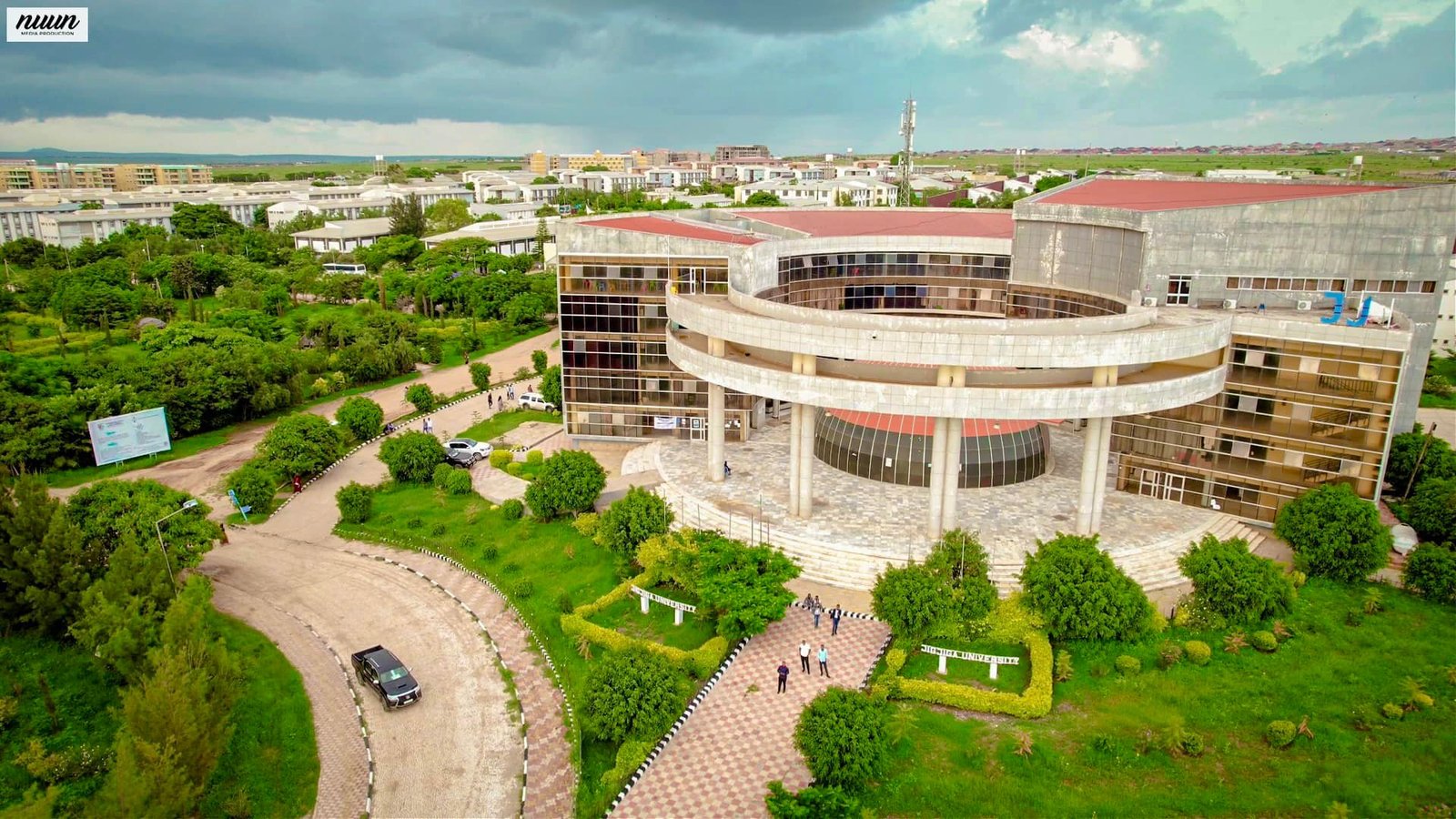Researchers have investigated the utility of various approaches to mitigate SSB intake among adolescents, of which include traditional one-way mass media campaigns and interactive text-based interventions. Although these efforts provide temporary improvements, there remains an urgent need to identify immediate and individualized methods that can effectively regulate SSB consumption behaviors.
Chatbots have emerged as promising tools that can promote weight management and support healthy lifestyles through real-time monitoring. The benefits of chatbots can be further optimized by incorporating adaptive intervention strategies to personalize feedback based on individual responses.
Dietary trajectory analysis further supports the individualization of this method by assessing variations in individual dietary behaviors, such as SSB consumption, over time. One example is group-based trajectory modeling (GBTM), which can be used to quantify the effects of a personalized dietary intervention based on individual responses to ensure its efficacy.
The R-Ma Bot experiment: How teenagers received personalized feedback
In the current study, study participants evaluated the efficacy of the ‘R-Ma Bot’ chatbot in reducing their consumption of sugar, sodium, and caffeine from carbonated and/or energy drinks over a period of 14 days. A total of 42 adolescents residing in South Korea used the R-Ma Bot intervention.
The chatbot provided two types of intake-based tailored feedback that was either reward- or education-based. Whereas a study participant who reduced or maintained their intake of sugar, sodium, or caffeine was provided reward-based feedback, increased intake of these SSB ingredients was addressed through education-based feedback.
Points were allocated for each dietary ingredient based on intake reduction from the previous day. For example, a weak reward of 50 points was provided when the study participant did not report an increase or decrease in their intake, whereas 100 or 200 points were granted when a study participant completely abstained from or reduced their intake of a specific ingredient, respectively.
The future is bioengineered: Synthetic biology and global sustainability eBook Discover how synthetic biology is reshaping industries and driving progress toward global sustainability through innovative biological engineering.
Download the latest edition
Conversely, increased intake of sugar, sodium, or caffeine was addressed with educational infographic slides that increased in intensity as intake increased. These slides included information about the health consequences of excessive SSB intake, recommended intake levels, and alternative beverage options with lower sugar, sodium, or caffeine content to encourage healthier choices. However, the study noted that the most intensive "specific education" feedback was designed but not actually delivered, as no participants triggered this level during the 14-day period.




